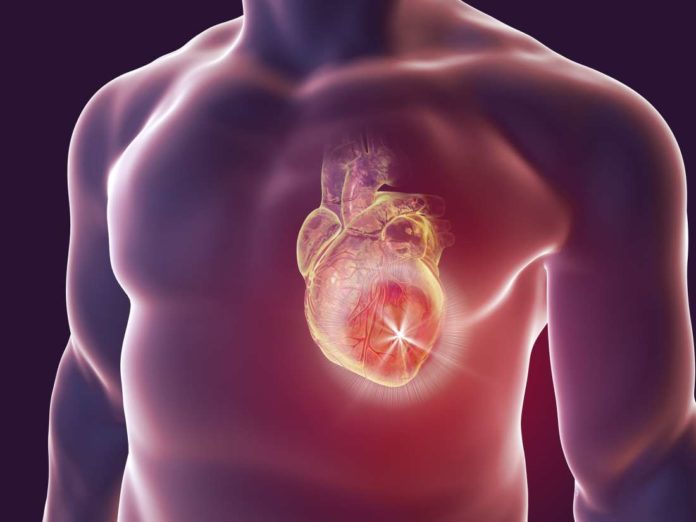Analyzing data from almost 4,056 people who received treatment for a heart attack in four separate years, scientists found that the patients who had a heart attack in colder months are more likely to die within 30 days. It suggests heart attacks are more likely to kill you in the winter than in the summer.
The research presented at the British Cardiovascular Society Conference in Manchester.
The general number of heart assaults was generally the same in the coldest portion of the year, contrasted with the hotter months (52% between November and April), with the most serious heart attacks prompting cardiac arrest and cardiogenic shock. The risk of dying within 30 days of an extreme heart attack was almost 50% higher in the six coldest months, contrasted with the six hottest months (28% versus 20%).
Dr. Arvin Krishnamurthy, who led the research from Leeds, said: “There is no physical reason why a heart attack, even the most severe, should be more deadly in winter than in summer so we must do further research to find the cause of this difference and remedy it. The next step is to find out if this trend is seen nationwide.
“Potential explanations could include longer time to treatment, prolonged hospitalization and delays to discharge, and increased prevalence of winter-associated infections, which in the sickest patients, could be potentially lethal. Further studies interrogating the association between time of admission and outcomes, especially in the sickest and most vulnerable patients, are certainly warranted.”
Professor Metin Avkiran, Associate Medical Director at British Heart Foundation, said: “You obviously can’t choose when you have a major heart attack, but it shouldn’t have such an impact on your chances of surviving. It’s vital we carry out more research to find out why there are these differences, as well as continuing to do all we can to stop people having heart attacks in the first place.
“Although we’ve made huge strides in the last 50 years, we must urgently fund more research to continue to drive down the number of heart attacks and ensure more people can live full lives even after a heart attack.”
